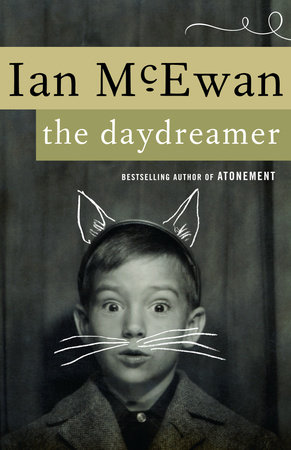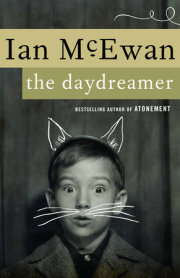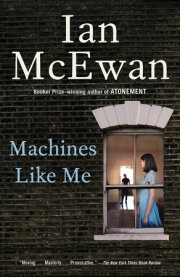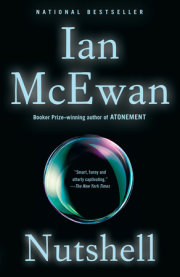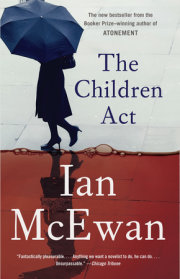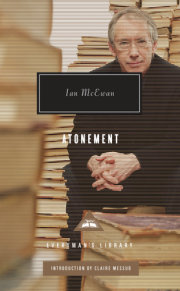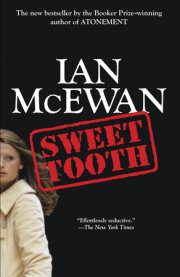As each chapter of
The Daydreamer was completed, I read it aloud to my children. The arrangement was simple. They got the latest installment of what we called the 'Peter stories', and I took away some useful editorial content. This pleasant, almost ritualistic exchange in turn affected the writing itself, in that I became more than usually attentive to the sound of an adult voice speaking each sentence. This adult was not, or not simply, me. Alone in my study, I read aloud passages to an imaginary child (not quite, or not only, one of mine) on behalf of this imaginary adult. Ear and tongue, I wanted to please them both.
The child's needs I thought I knew instinctively: a good tale above all, a sympathetic hero, villains yes, but not all the time because they are too simplifying, clarity in openings, twists in the middle, and satisfying outcomes that were not always happy. For the adult I felt little more than vague sympathy. We all love the
idea of bedtime stories -- the fresh minted breath, the wide and trustful eyes, the hot water bottle baking down among the clean linen, the sleepy glowing covenant -- and who would not have the scene carved upon his headstone? But do adults really like children's literature? I've always thought the entusiasm was a little overstated, even desperate.
'Swallows and Amazons? Beatrix Potter?
Marvellous books!' Do we really mean it, do we really still enjoy them, or are we speaking up for, and keeping the lines open to, our lost, nearly forgotten selves? When exactly did you last curl up alone with
The Swiss Family Robinson?What we like about children's books is our children's pleasure in them, and this is less to do with literature and more to do with love. Early on in writing and reading aloud
The Daydreamer I began to think it might be better to forget about our mighty tradition of children's literature and to write a book for adults about a child in a language that children could understand. In the century of Hemingway and Calvino simple prose need not deter the sophisticated reader. I hoped the subject matter -- the imagination itself -- was one in which anyone who picks up a book has a stake. Similarly, transformation has been a theme, almost an obsession, in all literatures.
The Daydreamer was published in an illustrated edition for children in Britain and the United States, and in a more sober adult form in various other countries. There was once a tradition by which authors dedicate their books to the fates, rather in the manner of a parent sending a child out into the world. 'Goe littel booke...' this one may well settle down after all for a quiet life in a corner of a children's library, or die in oblivion, but for the moment I'm still hoping it might give some pleasure all round.
Ian McEwan
1995
. All rights reserved. No part of this excerpt may be reproduced or reprinted without permission in writing from the publisher.

